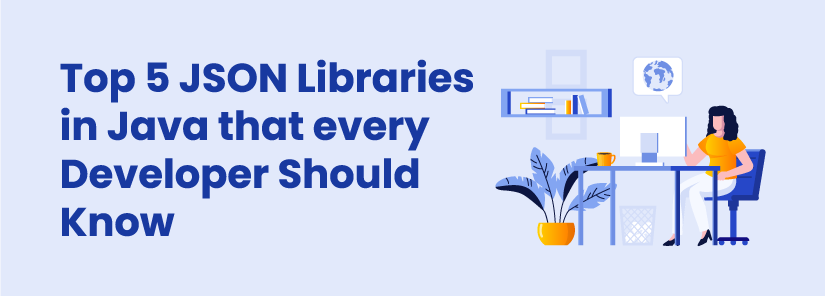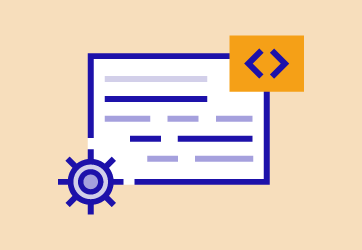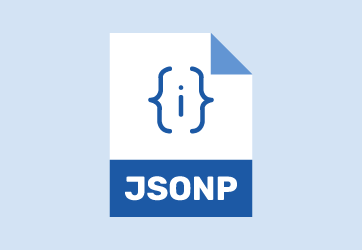Top 5 JSON Libraries in Java that every Developer Should Know


The usage of JSON is quite straightforward; it’s commonly used to read data from a web server and display the results on the web page. Over time, JSON has replaced XML as it’s considered a lightweight format for exchanging and storing data through the web. If you are a Java developer and eager to produce or decipher JSON data, then you shouldn’t worry as there are many open source libraries that can help you create and parse JSON files in Java.
You might come across a number of JSON libraries existing in Java, but it isn’t worth comprehending all of them. Learning only a single JSON library would be enough for a developer. However, we are here to discuss the top 5 JSON libraries that every developer should be aware of. Without learning about JSON libraries, a Java developer would always fall short of the competition. The usefulness and effectiveness of JSON libraries cannot be ignored; therefore, let’s move towards the top 5 JSON libraries in Java without any further delay.
Useful JSON Libraries in Java
Each of the JSON libraries we are going to discuss below has its own perks. You should deeply investigate each JSON library before making a decision to choose any of them.
1. Jackson
Among all JSON libraries, Jackson comes on the top due to its rich features and consistency. Jackson is a multi-purpose Java library to process the JSON data, and it’s considered best for the developers who are hunting down a combination of lightweight, fast, correct, and ergonomic traits. The JSON format data can be processed with Jackson in three methods, which include:
- Tree model: its function is to represent a mutable tree-view of a JSON document.
- Streaming API: a function to read and write JSON format data into individual events.
- Data Binding: Convert JSON to POJO and vice versa.
In case your requirement is to serialize a Java object to JSON string, then Jackson wouldn’t be the right library you should go for due to the drawback of size. On the other hand, if you are finding a JSON library that’s jam-packed with multiple features, then Jackson is the perfect option.
2. GSON
GSON or google-gson is the second open-source Java library on this list. Just like Jackson, GSON is also a powerful JSON library that can help you in numerous ways. The top features of the JSON library are as follows:
- GSON comes with the extensive support of Java Generics.
- This library supports autocratically complex objects.
- The unmodifiable objects can be converted to and from JSON through GSON.
- GSON library permits the custom representation for objects.
- It ignores the extra fields available in the JSON input.
The best thing about the GSON library is its capability to convert Java Objects into their JSON representation and vice versa without imposing a requirement of entering Java annotations in the classes.
3. Json-simple
As the name suggests, json-simple is the simplest JSON library in addition to being lightweight. One of the best things about this JSON library is that it relies on no external dependency. The binary and source are both compatible with JDK 1.2 in the JSON-simple. This open-source library can be used to decode and encode JSON text effortlessly. The flexibility of JSON-simple makes it an easy-to-use lightweight library that can be consumed by reusing List and Map interfaces from JDK.
Json-simple is probably the best match library for the people who are searching for a simple, lightweight Java library that is compatible with streams and allows reading and writing JSON format data. Besides this, another reason that can urge you to go for this library is its support for Java IO readers and writers.
4. Flexjson
Another lightweight JSON library, Flexjson, is best to serialize Java objects into JSON format and the other way around. While transforming to or from JSON format, Flexjson allows both deep and shallow copies of objects. Flexjson allows its users to control the extent to which an object can be serialized. This process makes it effortless and easier for the users to extract the required information.
You should opt for Flexjson if you are aware that the data you are going to use is of a small amount. Flexjson is a reliable library to meet your requirements of reading and storing to and from JSON format data just like GSON.
5. JSON-Lib
Last but not least on our list of top 5 JSON libraries is JSON-Lib. This Java library possesses the capability to transform Java arrays, beans, maps, XML, and collections, to JSON and vice versa. The JSON-lib library is basically based on the work of Douglas Crockford. In the case of using, storing, and reading large amounts of JSON format data, JSON-lib is a recommended option along with the Jackson.
Final Words
That’s all about the top 5 JSON libraries in Java that every developer should know. The popularity of a JSON library shouldn’t be a convincing factor while choosing one in Java. You should conduct an in-depth analysis of what output you need and then look into the top 5 JSON libraries discussed to make a perfect decision.
But at the end whichever tool you choose, you will need a set of JSON Online Tools that can provide you a complete coding environment for testing, viewing, parsing and converting the code.
October 21, 2021

October 13, 2021




Leave a Reply